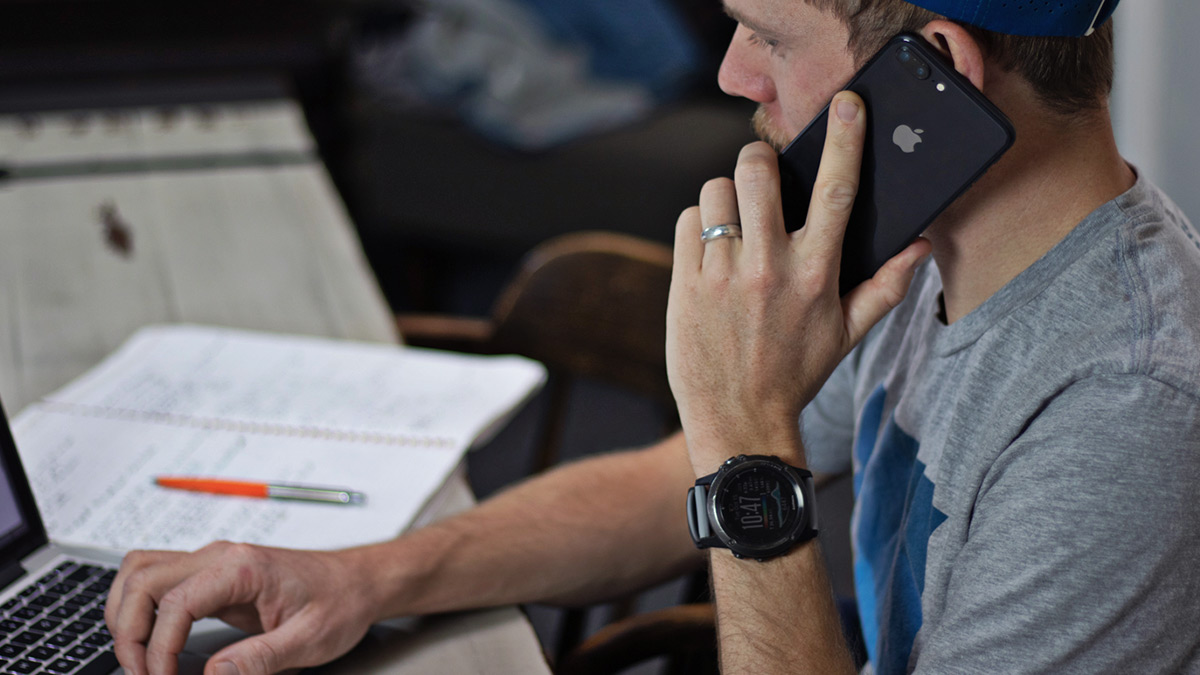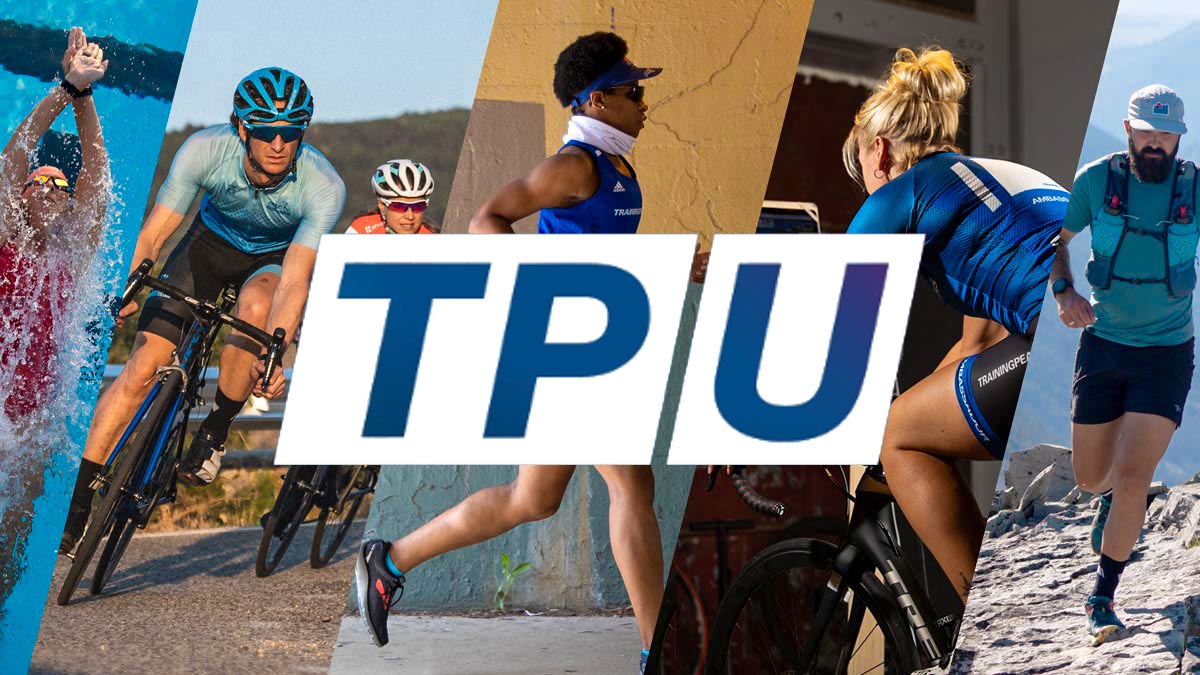Triathletes are generally positive, optimistic characters with a lot of resilience. Since most triathlon coaches have a triathlon background, I would expect similar attitudes. You may be thinking that because training opportunities are drastically reduced right now, your role has also been greatly reduced. I think that is a mistaken way of viewing things.
Coaching isn’t just about writing programs. You now have a perfect opportunity to share some of your other skills, and if you want your business to survive this ‘battle’ and thrive in the future, it is vital you have some strategies for making that happen.
Ask Questions
The athletes you work with will have a mixed bag of emotions right now. Frustration at canceled races, anxiety about the uncertainty of races not yet canceled, jobs and income, the health of themselves and their loved ones, maybe even anger that all their hard work over the winter has been (in their minds) wasted.
The first action to take is to ask this simple question: “What do you need from me?” Some might want to talk, some might want changes to their programs, and others might want to cancel their coaching arrangement with you due to financial issues (more on this later). Or maybe they just want you to give them permission to back-off training completely. Whatever is on their mind, responses are valuable because it helps you to build a relationship with them.
Their responses inform you of their problems and give you the opportunity to help them find a resolution. Coaching is like satellite navigation. When you’re in the middle of the chaos it’s hard to see a way out. If you have an overhead view of the whole situation you might be able to see one or more paths through. Experienced coaches have helped to solve many problems for their athletes, and while we haven’t been through anything like this before, you may have faced similar problems to their own.
Offer Support
What does your “tribe” want from you? My experiences in the last few weeks show that they are looking for the following:
Guidance: How should they continue to train and what exactly should they do? With rescheduled races, adjusting their training plans is one way to start.
Empathy: An understanding of their situation whether it be work, family, financial, health, etc. As mentioned previously, athletes are human and right now they are experiencing loss, grief, frustration and uncertainty. They may welcome the opportunity to speak with someone outside of their close family group. Could that be you? Sometimes the most important thing we can do is offer a listening ear.
Optimism: In some countries, people are in complete lockdown with only their immediate family for company, or in some cases, totally alone. After all the freedom we are used to, this might be miserable for some. A weekly chat might be one of the highlights of their week so try to keep it upbeat and positive.
Financial: People will struggle financially, and you may too. If an athlete wants to quit your program to save money, you could cut them adrift. They save a few pennies but they have no structure or support. An alternative approach to consider is offering to give them a payment holiday and keep them in the program. This might serve their mental health more than anything else. Indeed, you could offer this to all your athletes. While a small percentage might ask to take up the offer, many more will actually pledge to keep paying their monthly fee to support you.
Be a Leader of the Community
Whether you have 10 athletes or an online community of thousands, this is the time to be their leader. A beacon of shining light in the gloom. You do not have to do everything. There are other experts in our endurance community that can help your athletes as well. In The Triathlon Coach Cafe Facebook group we have almost four-thousand members. Initiatives running right now include online fitness sessions for members to join, FREE COVID-19 training plans for all (via TrainingPeaks of course!), the virtual 5k every weekend, lots and lots of information about sleep, nutrition, the immune system, podcast guests and much more. All to keep people engaged and sane while they are confined to home-base.
This is not about overt promotion. It’s what I call ‘soft marketing’ and it’s free to help you support your community and to build your profile.
Think of the Future
As I said at the start, in a time of crisis, some people step up to the plate. Once life begins to get back to normal, triathletes will resume their normal training, and some will want coaches to help them. Who will they turn to? In an ever-crowded marketplace, they will find those they can trust. Coaches who have integrity and authenticity. Building stronger relationships with those you currently coach, and beginning to form them with those you don’t, can only help in the coming years.
Rethink Your Long-term Strategy
Maybe you don’t have to spend as much time writing training programs right now. Rather than spend this time catching up with box sets on Netflix, how about committing a bit of time to think about why you coach, and what you really want to get out of it in the next 5 years. A lot of us are currently working in a completely different way compared to what we’re used to. It’s a shock to the system, but out of adversity comes creativity.
Maybe you’ll discover that remote coaching suits your lifestyle more. Perhaps you will find benefits in getting acquainted with new technology like Zoom—holding weekly webinars with your clients or using it for face-to-face calls. Could this be the time to get a grip on WKO5 or create a ‘shop window’ in TrainingPeaks to sell online programs? What about CPD? TrainingPeaks has plenty of online resources you can tap into, and there are other opportunities in the wider fitness world. Now’s the time to upskill yourself so you can offer more to current and future clients.
One Final Comment
Staying positive and helping everyone else to do so can be draining, physically and mentally. This is just like a race except there is no defined finish line yet. Pace yourself, look after your own energy levels first, and seek help if you need it. Everyone has vulnerabilities and it is important to recognize when you need some downtime or someone to speak with. Look after yourself so that you can look after others.
If I can be of any more help, please do not hesitate to reach out. My email is below.



